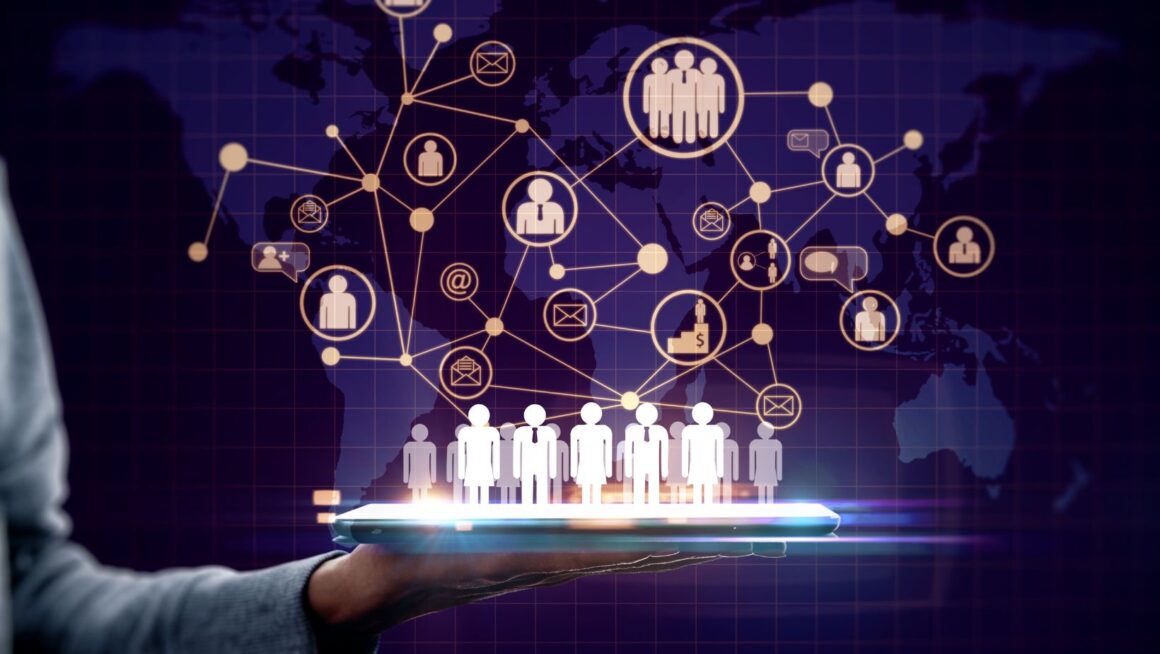In the rapidly evolving world of HR technology, staying up-to-date is no longer a luxury—it’s a necessity. From cloud-based systems to AI-driven analytics, HR tech is revolutionizing the way businesses operate. With advancements in HR tech, integrating job sheet software has become crucial for streamlining operations and improving workforce management. Modern HR software solutions go beyond basic automation, offering AI-driven insights, cloud-based HR management, and real-time workforce analytics to enhance decision-making.
The Evolution of HR Tech
In the early days, HR tech was largely about digitization, marked by tasks such as transferring physical records to electronic form. HRM systems, for example, stored and processed employee data, shedding much of the administrative burden that HR teams faced. This phase was one-dimensional, with its primary focus on reducing manual labor.
The second phase of HR tech evolution paved the way for more interactive technologies. Performance Management Systems (PMS) emerged, facilitating an ongoing dialog between managers and employees. This phase was marked by an increased emphasis on people and the need for a holistic understanding of employees.
The third phase witnessed the advent of cloud-based HR solutions like Software as a Service (SaaS). This not only gave HR professionals access to software solutions without hefty upfront costs, but they could customize their offerings as per their needs. Take the example of Zenefits, a cloud-based HR platform that has garnered much attention for its user-friendly interface and extensive customization options.
HR Tech News

Keenly observing the contemporary trends in HR tech, I can affirm a wide-ranging perspective on AI-driven smart solutions that are transforming the landscape. Particularly, predictive analytics tools demonstrate a steep growth trajectory, showing they’re not fleeting trends but fixtures in the future of HR technology.
With more emphasis pivoting towards employee experience and engagement, EXPs emerge as game changers. For instance, platforms like Qualtrics and Glint provide real-time feedback mechanisms. This system pinpoints employee churning risks, enabling timely intervention for relationship mending.
Workforce analytics tools, such as Visier and Tableau, offer HR teams insights into staff productivity, turnover rates, and workforce planning. By leveraging these tools, HR professionals unearth patterns, correlations, and trends in workforce behavior that inform data-driven decisions.
Artificial Intelligence, in forms like chatbots and digital assistants, eases various HR tasks. Tools like Mya or Talla automate recruitment tasks by scheduling interviews or responding to FAQs. Consequently, HR teams gain time-saving benefits, and potential hires receive prompt responses. AI assistants like POP AI can further streamline HR processes, such as onboarding, employee engagement, and performance management.
As evidenced, the HR tech scene exhibits a dynamic nature, forever evolving to enhance efficiency and engagement. It’s undeniably riveting to witness technology’s role in shaping the future of HR, proving that HR’s evolution from support to strategic business player remains firmly on track.
The Future of Work and HR Technology

Firstly, AI-driven smart solutions in HR commence their journey into widespread use. Some examples include Glint or Qualtrics, platforms designed to streamline feedback and improve employee engagement. These tools allow HR teams to capture real-time insights and convert them into actionable strategies, complemented by frameworks like a 1-on-1 meeting template to structure regular employee check-ins and feedback sessions effectively.
Secondly, predictive analytics make inroads into HR decision-making, holding out the promise of highly informed strategic choices. These tools, like Visier or Tableau, translate raw data into meaningful insights. Armed with these, HR professionals can anticipate trends, address issues proactively, and thus, bring strategic value to the table.
Lastly, Virtual Reality starts to make appearances in HR, notably in training and development. Prior use cases show that VR-based training programs result in better skill retention, bringing forth the possible inception of a new era in employee training.
The Rise of Learning and Development Software
As we’ve journeyed through HR tech’s evolution, it’s clear that the industry is no longer just about digitization. It’s about leveraging powerful tools like AI, machine learning, and predictive analytics to drive strategic decisions and enhance the employee experience. By incorporating best practices from itil v4 foundation, HR teams can ensure efficient service delivery and continuous improvement in HR tech implementation. Cloud-based solutions are now the norm and AI-driven smart solutions, chatbots, and digital assistants are revolutionizing HR tasks. Integrated HR systems streamline processes, while Virtual Reality offers innovative training methods. Stay tuned for more updates on the latest trends and advancements in this rapidly evolving field.

